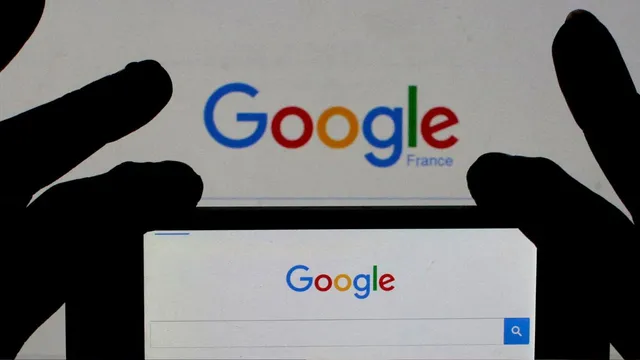- By Shivangi Sharma
- Mon, 08 Sep 2025 07:07 PM (IST)
- Source:JND
A German woman, referred to in court documents as Laura, has launched a landmark lawsuit against Google after discovering her private nude images and sex videos had been made available online and searchable through Google’s image search. Stolen from her Google Cloud storage, the visuals were posted on pornographic websites, along with her personal identification, and kept resurfacing despite repeated removal requests.
Laura turned to HateAid, a German non-profit supporting victims of online hate and digital violence, to navigate the complex process of reporting the content. Over a period of 18 months, HateAid identified approximately 2,000 URLs showing her private images. Google failed to permanently remove the content, as reuploads and AI-generated deepfakes kept appearing in search results.
The lawsuit, filed with Preu Bohlig law firm at Google’s European headquarters in Ireland, seeks not only the removal of all images and videos but also the deletion of private data from search results. This legal action raises fundamental questions about digital privacy, online safety, and the responsibilities of major tech companies.
ALSO READ: Jerusalem Shooting: Four Dead, 15 Injured As 'Terrorists' Open Fire On Bus; Suspect Neutralised
Class Action Lawsuit Targets Unauthorised Data Collection
The case has broader implications beyond Laura’s personal ordeal. The plaintiffs argue that Google accessed users’ mobile devices and collected data without proper consent, violating privacy assurances in its Web & App Activity settings. The class action, filed in July 2020, covers roughly 98 million Google users and 174 million devices, alleging that Google’s data collection extends to hundreds of apps, including Uber, Lyft, Amazon, Alibaba, Instagram, and Facebook.
Josephine Ballon, CEO of HateAid, emphasised that the organisation is covering all legal costs to support victims who could not otherwise challenge a tech giant like Google. The case highlights the growing tension between individual privacy rights and corporate control over personal data in an era dominated by Big Tech surveillance.

